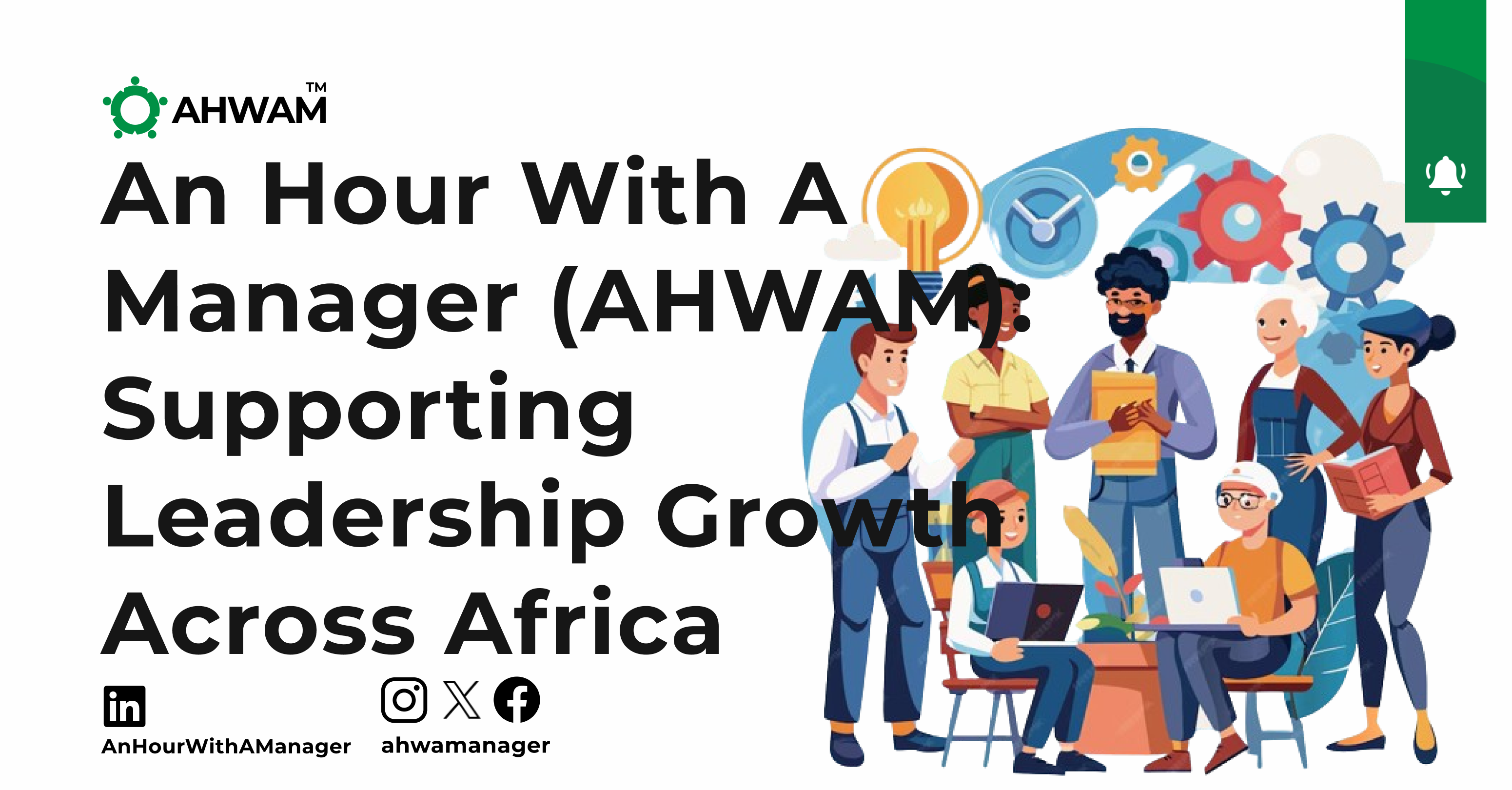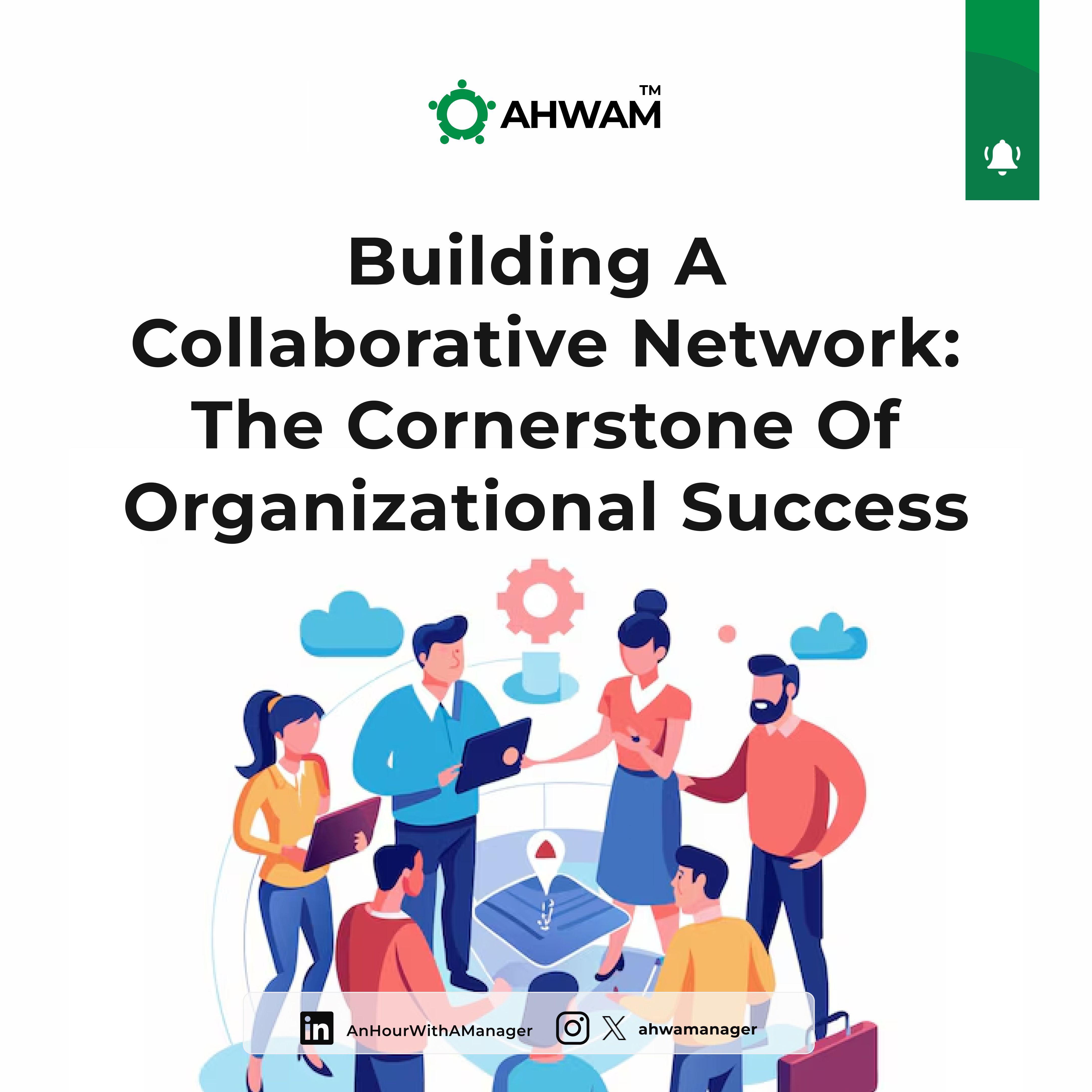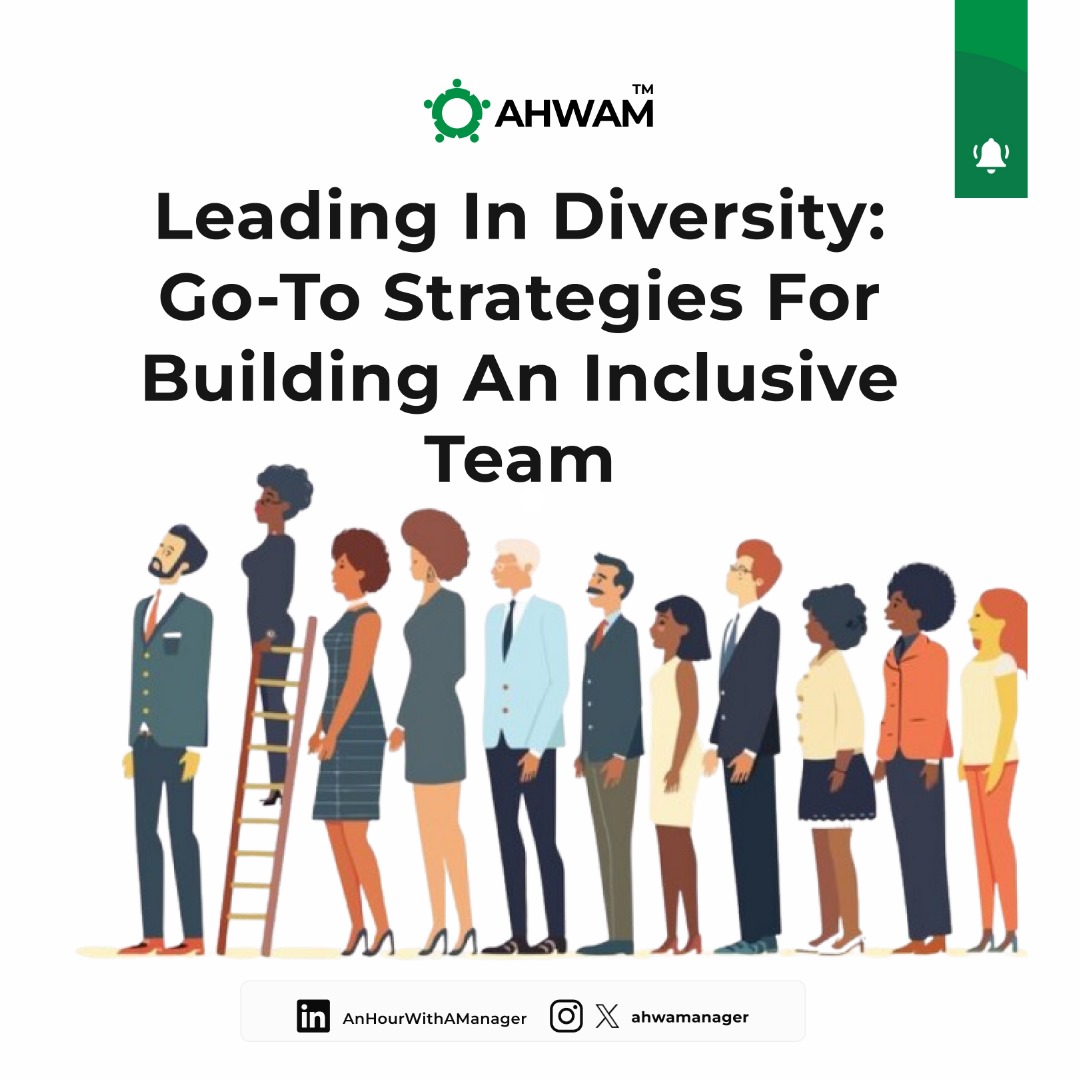As the fintech sector in African markets grows, the most innovative technologies often run into an unexpected obstacle are change-resistant individuals. So, the real key to success does not lie in how difficult the solution is, but in how well, strategically, you can use relational wisdom and empathy. This approach is a powerful model for handling disruption and encouraging people to utilise it, and it links perfectly with the culture of many African economies.
An excellent illustration of this idea in action is the remarkable story of Toluwalase, a pioneer Customer Success executive in the fintech industry at Baobab Circle. Her leadership in getting everyone at Café One to use a single digital wallet shows how a focus on people can turn doubt into positive motivation.
Getting to know the Human Landscape:
The goal of Café One was clear and forward-thinking - “To create a digital wallet that works in real time to make payments more transparent and faster.” Glancing from a purely technical point of view, the solution was strong and worked well. But the first rollout ran into a problem that was expected but often not taken seriously - “resistant customers”. Many individuals saw the new digital wallet as an extra, complicated barrier instead of an improvement, especially those who were used to paying with cards or bank transfers. If these human aspects of resistance weren’t dealt with, it might have led to a real loss of customers and even hurt the operational savings that the technology was meant to bring out. Even the most cutting-edge technology had to be carefully and sympathetically integrated to realise its full potential.
- Relational Wisdom: The strategic Foundations of Empathy in Toluwalase’s success was an to leadership that prioritized relational intelligence. This was a strategic framework for change management, not just providing excellent customer service.
- Empathy as a Fundamental Value: One of the active strategies used by her team was “meeting people where they are.” This required showcasing characteristics such as hearing and showing concern to the client, comprehending their current habits, and responding to their skepticism with patience and genuine regard. This compassionate conversation turned a possible user resistance into a cooperative inquiry process.
- Humane Fallbacks in Strategy: Deliberately keeping manual payment methods available throughout the first changeover phase was a crucial choice. This “humane fallback” was a vital safety net, both practically and psychologically. Customers' fears were reduced, they felt in control, and they were able to adjust to the new digital system gradually without feeling pressured. By successfully lowering the risk of adoption, this strategy avoided losing customers right away and naturally increased trust.
Empathy as a Factor Influencing Business Results











